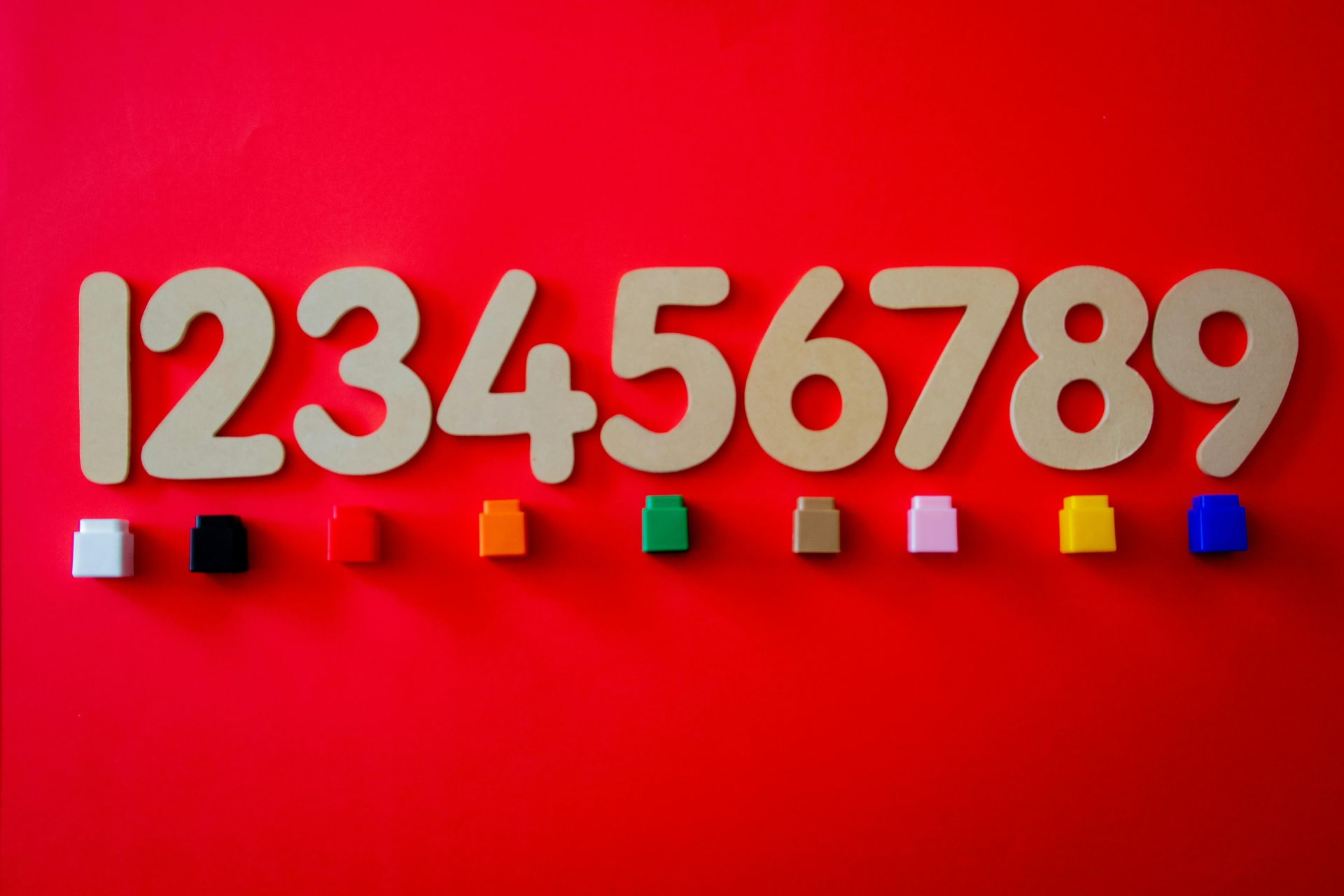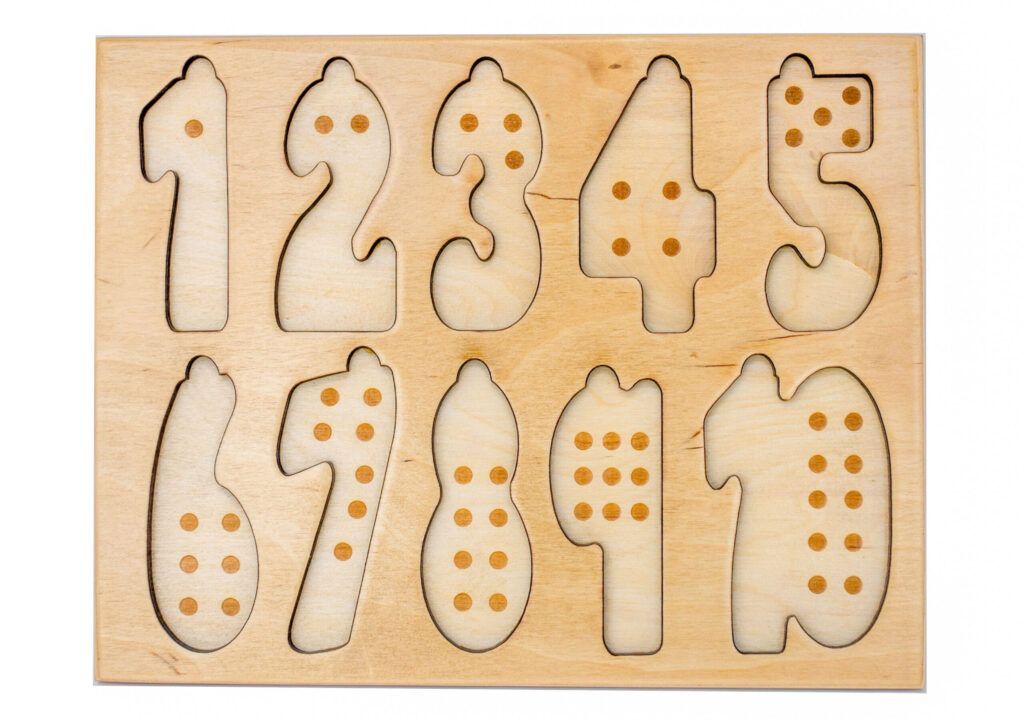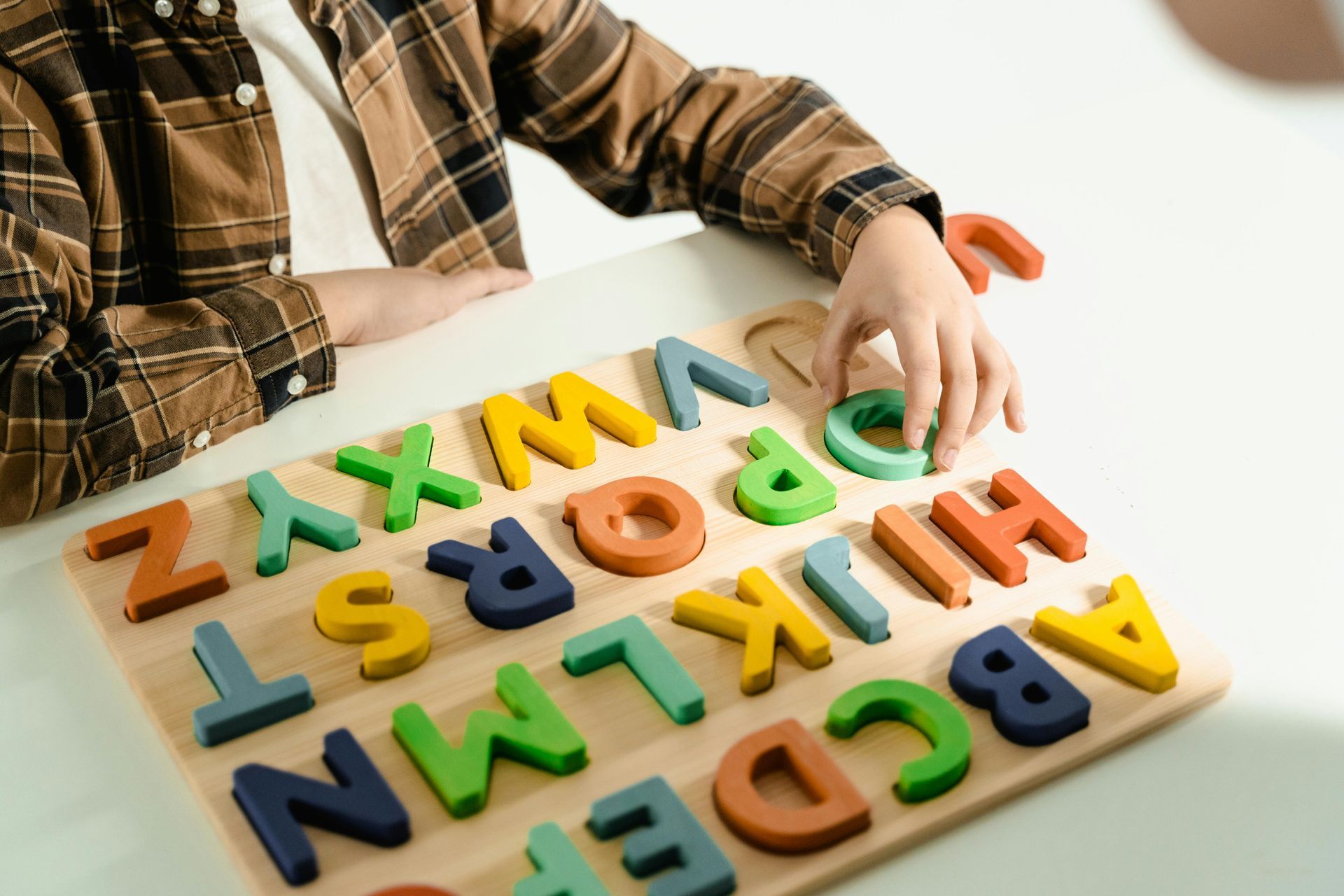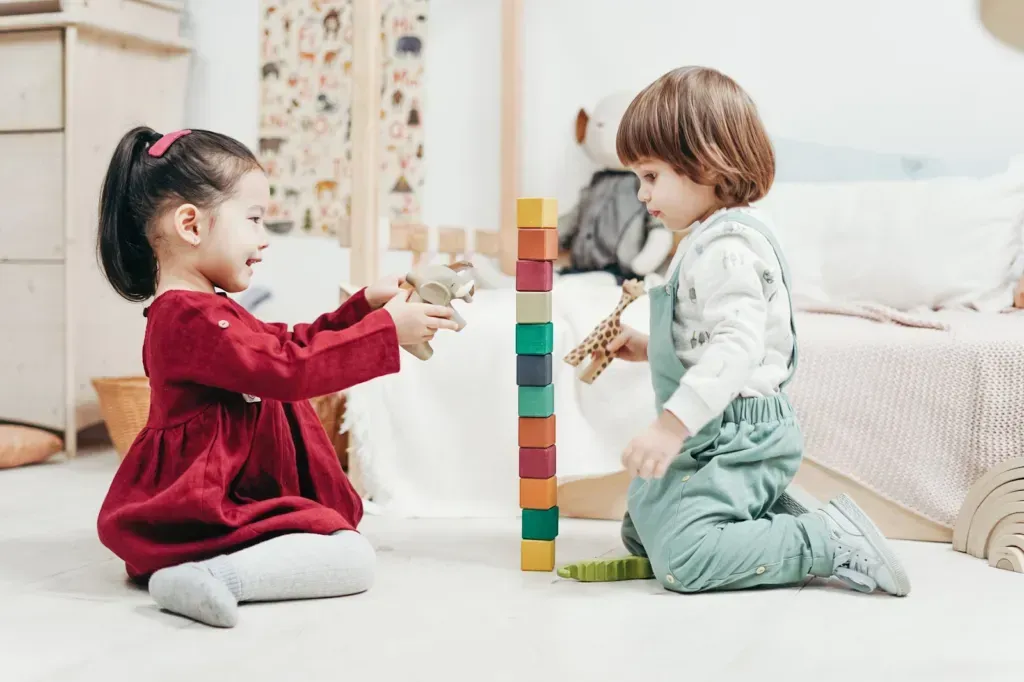The Role of Puzzles in Developing Early Math Skills
From the moment children begin exploring the world, they are naturally drawn to problem-solving activities.
Puzzles, in particular, offer a hands-on way to introduce young minds to fundamental mathematical concepts.
Engaging in puzzle play can significantly boost early numeracy, spatial reasoning, and logical thinking, laying a strong foundation for future math success.
How A Puzzle Can Enhance Early Math Development
Number Recognition and Counting
Many puzzles feature numbers, shapes, and patterns, which help children become familiar with numerical symbols and their sequence.
Simple wooden puzzles with numbers allow kids to recognize digits while reinforcing their ability to count objects corresponding to each numeral.
Pattern Recognition and Problem-Solving
Recognizing and completing patterns is an essential math skill that puzzles help develop.
When children match pieces based on color, shape, or size, they engage in critical thinking, strengthening their ability to identify patterns—an important concept in algebra and arithmetic.
Spatial Awareness and Geometry Skills
Puzzles require children to manipulate pieces to fit into designated spaces, fostering spatial awareness. This skill is crucial in geometry and problem-solving, as it helps children visualize how different components relate.
Fine Motor Skill Development
Manipulating puzzle pieces strengthens the small muscles in children’s hands, improving their fine motor skills and hand-eye coordination; these are vital for writing numbers, drawing shapes, and using mathematical tools like rulers and compasses.
Logical Thinking and Cognitive Flexibility
Puzzles encourage trial and error, allowing children to experiment with different task-completion strategies. This process strengthens logical thinking and cognitive flexibility, essential skills for tackling more complex mathematical problems in the future.

Types of Mathematical Children’s Puzzles
There are various types of puzzles that contribute to early math development.
- Number and Counting Puzzles – These introduce children to numbers and counting through engaging visuals
- Shape and Pattern Puzzles – Help kids recognize geometric shapes and identify patterns
- Tangrams and Jigsaw Puzzles – Enhance spatial reasoning and problem-solving skills
- Sorting and Matching Puzzles – Teach classification and encourage logical thinking.
Hollow Woodworks Numbers Puzzle: A Unique Learning Tool
One of the best ways to combine play and learning is through high-quality educational puzzles like those from Hollow Woodworks.
Our "Learn Numbers and Colors Puzzle" is designed for young learners and provides both visual and tactile ways to engage with numbers and mathematical concepts.
Each number puzzle features numbers with corresponding dots to count on the front, reinforcing number recognition and one-to-one correspondence.
Children can find a setup for simple math problems on the back of each puzzle piece, allowing them to practice essential addition and subtraction as they play.
This dual-sided approach ensures that children become familiar with numerical symbols and begin understanding how numbers function in equations.
The wooden construction of these puzzles makes them durable and eco-friendly, allowing for long-term use in both home and classroom settings. The hands-on nature of these puzzles promotes interactive learning, making math an enjoyable experience rather than an intimidating subject.

Making the Most of Puzzle Play
To maximize the benefits of puzzles in early math development, parents and educators can:
- Encourage children to verbalize their thought processes while solving puzzles.
- Introduce puzzles with increasing complexity to challenge young learners continuously.
- Combine puzzle play with storytelling and real-life applications to make math more relatable.
- Praise effort and persistence, reinforcing a growth mindset toward problem-solving.
Let Hollow Woodworks Help Create Memories
Puzzles play a crucial role in early childhood math development. They offer an engaging and hands-on way for children to explore numbers, shapes, and problem-solving skills.
High-quality puzzles, like those from Hollow Woodworks, add an extra dimension to learning by incorporating counting elements and math problems into their design.
By integrating puzzles into a child’s play routine, parents and educators can help foster a lifelong love for mathematics and logical thinking.
Check out our online store for safe, fun, and unique products for your children, and let us know if you have any ideas or questions!




